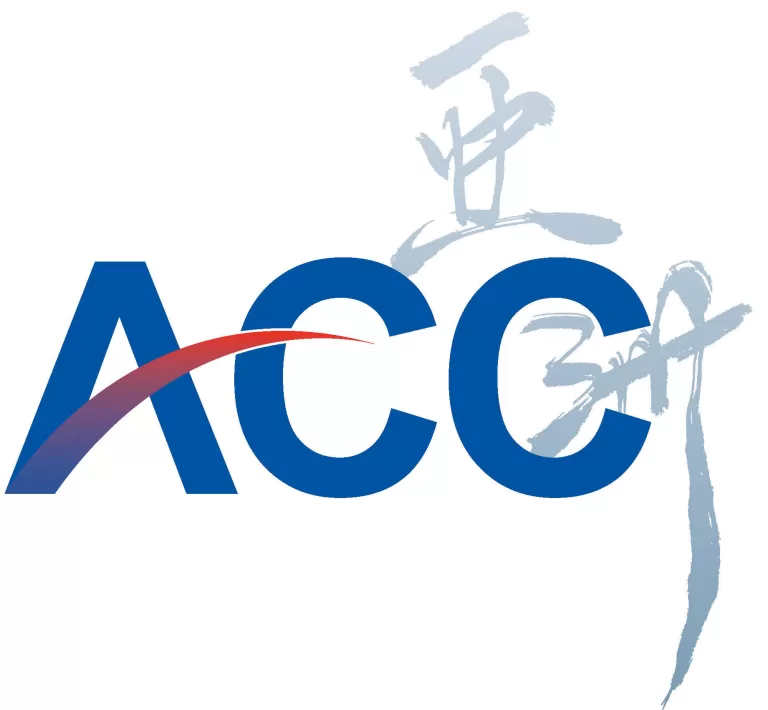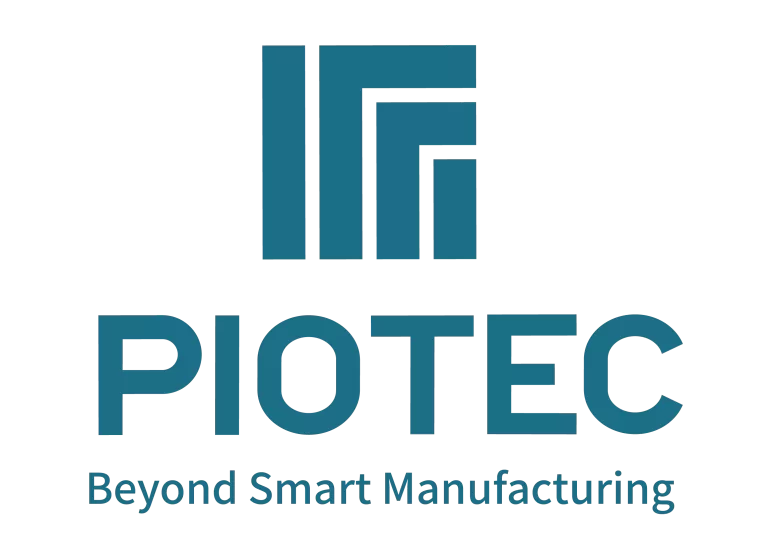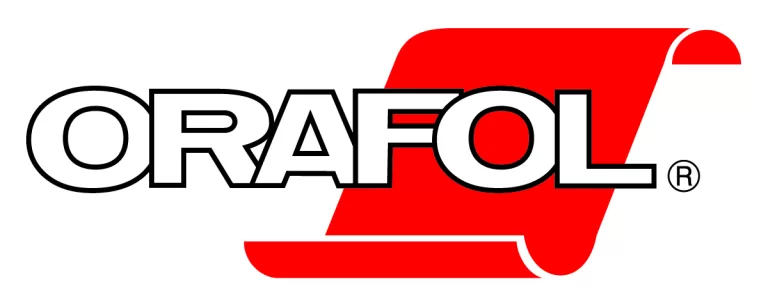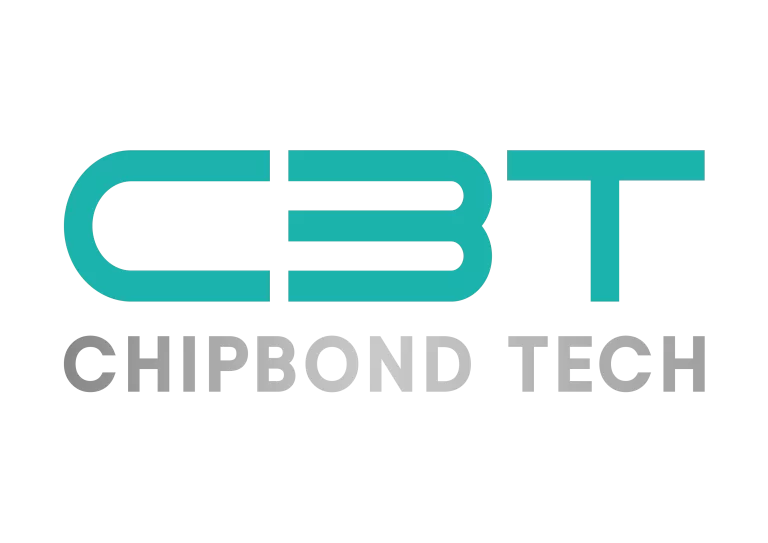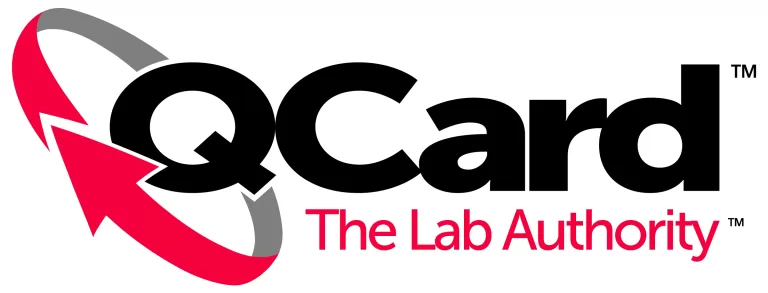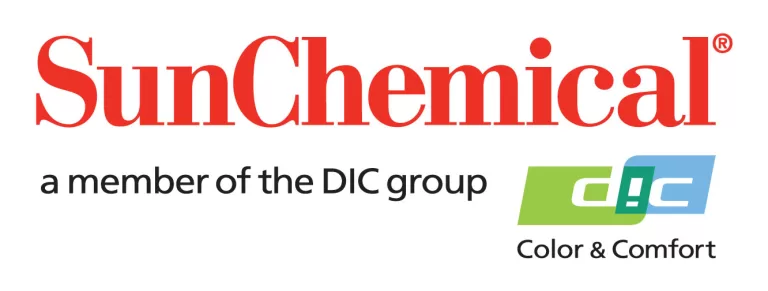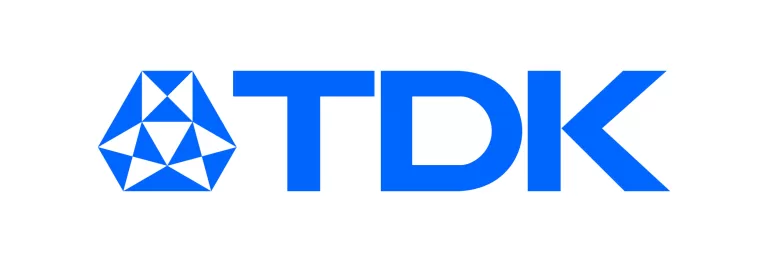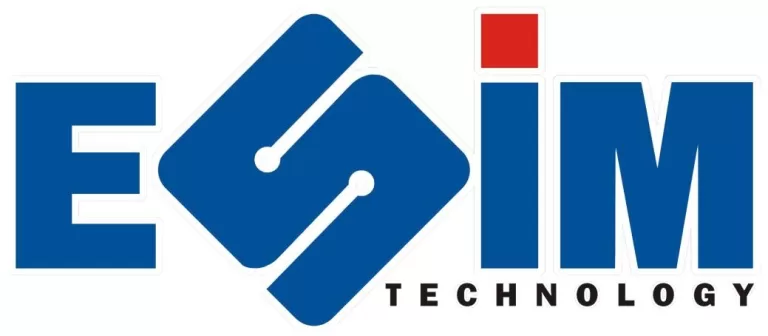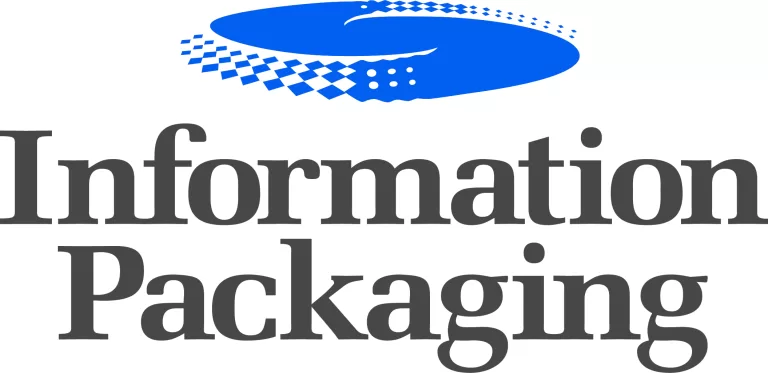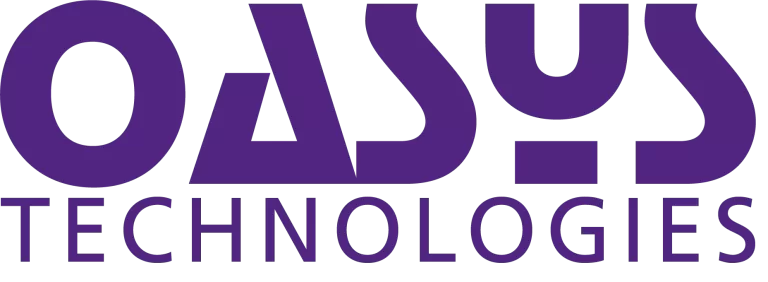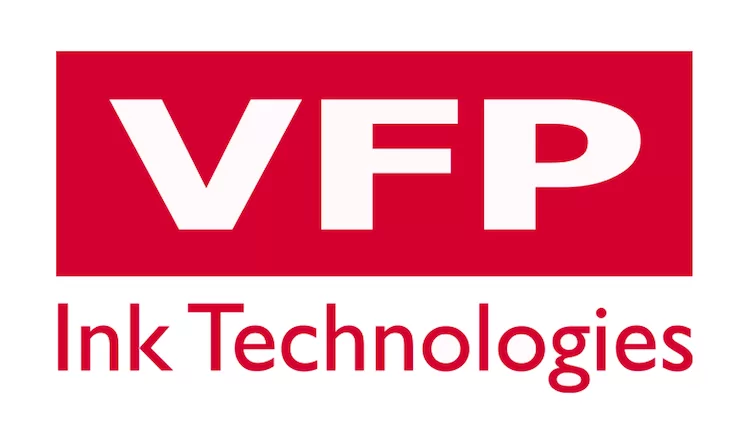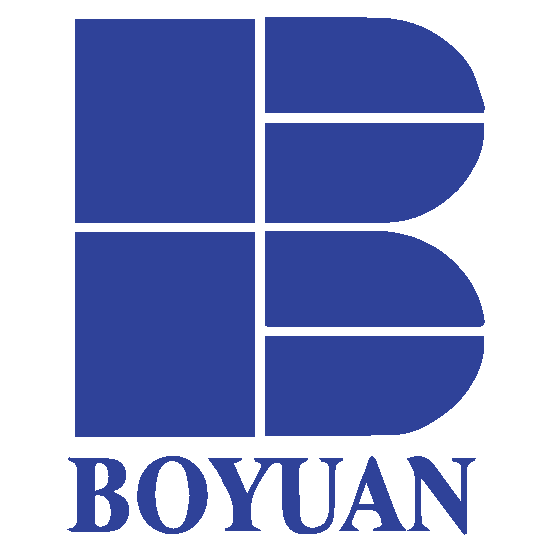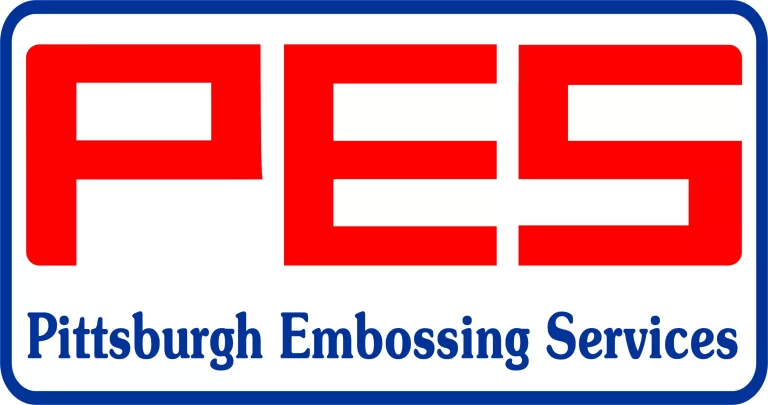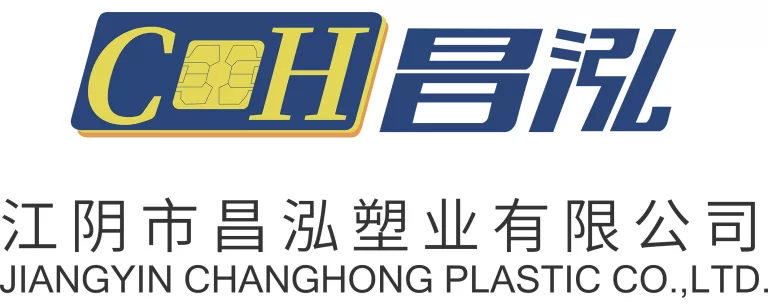Please Note: The following agenda is still in development and subject to change
Ready, Set, Go! Speed Networking Starts Now!
Card Manufacturers, Personalizers and Issuers, now is the time to start visiting exhibitors to be part of our Speed Networking and be entered into a drawing for a $100 Gift Card. We will have two winners!
Meet with a minimum of 20 exhibitors between Monday evening at 6:00pm when the exhibition opens, and by 3:15 on Tuesday, May 13th during the “Final Stretch” Speed Networking session.
Here’s how it works:
- Use the Mobile App to enter each Exhibitor’s Code Word. They’ll give it to you when you visit. Just select Speed Networking on the Mobile App menu to get to the Speed Networking section.
- If you have entered 20 Exhibitor Code Words by Tuesday at 3:15, you will be entered into the drawing.
- We’ll announce the winners on Wednesday morning.
Our exhibitors are excited to meet you – be sure to go around and visit them, learn about their latest product innovations and have a chance at a prize.
Need help with the app? Just see us at the Registration Desk.
Explore cutting-edge innovations in the global card industry at the Innovation Pop-Up. This exclusive event allows ICMA members to showcase unique products and services that could transform the industry. The Innovation Pop-Up will take place on the first day of the EXPO outside the exhibit hall. Don't miss the chance to discover the latest solutions shaping the future of the industry.
 2025 and beyond will present opportunities and challenges to business leaders. Inflation and interest rates will return on the wings of government spending, a tightening labor market, global demand and higher-cost production inputs from raw materials to electricity. Navigating the twin challenges of inflation and interest rates will require immediate action. We will discuss the timing and the actions to take to get your company ready for the next few years and the rest of the decade.
2025 and beyond will present opportunities and challenges to business leaders. Inflation and interest rates will return on the wings of government spending, a tightening labor market, global demand and higher-cost production inputs from raw materials to electricity. Navigating the twin challenges of inflation and interest rates will require immediate action. We will discuss the timing and the actions to take to get your company ready for the next few years and the rest of the decade.
Manufacturing and the economy in general are in recovery, but the rate of rise will vary by industry and even geographic region. The information we present on the various domestic and global landscapes will allow decision-makers to position their companies for maximum return through the coming years.
As an experienced economist, Taylor St. Germain provides consulting services for small businesses, trade associations and Fortune 500 companies across a spectrum of industries. Taylor specializes in forecasting at both the market and company levels and is a key contributor to maintaining ITR Economics’ forecast accuracy rating of 94.7%.
His dynamic personality and extensive knowledge of economic trends and their business relevance are highly valued by clients and colleagues alike.
Taylor spent time in the tech industry providing market intelligence to electronics OEMs, semiconductor companies and component manufacturers. In his five years with ITR Economics, he has worked with various distributors, manufacturers and producers, helping each client navigate the business cycle and optimize their corporate planning strategy.
Taylor earned his bachelor’s degree in statistics from the University of Vermont and is finishing a master’s degree in applied economics at Southern New Hampshire University. He has been featured in OEM Magazine, NALP, Lawn and Landscape and on the Fab Lab and Wealth Formula podcasts.
 Explore how brand importance plays a pivotal role in the successful design of credit products and cards by combining key elements: value proposition, design, and form factor. We'll delve into how these components work together to create a compelling and memorable credit card experience that drives customer loyalty and engagement.
Explore how brand importance plays a pivotal role in the successful design of credit products and cards by combining key elements: value proposition, design, and form factor. We'll delve into how these components work together to create a compelling and memorable credit card experience that drives customer loyalty and engagement.
 The payment & financial industries can create a positive impact on the environment by using more eco-friendly materials, such as wood and 100% recyclable metals. However, they might be overlooking a much greener initiative: combatting fraud. Consider that every dollar lost to fraud costs about $4.5 to the afflicted parties—costs attributed to additional servers (fraud information storage), electricity for additional transactions and other carbon emissions directly due to fraud-related friction and inefficiencies in the financial system. Combatting fraud has been viewed as a way for the industry to save money, but factoring all this in, it’s also a way to save the planet.
The payment & financial industries can create a positive impact on the environment by using more eco-friendly materials, such as wood and 100% recyclable metals. However, they might be overlooking a much greener initiative: combatting fraud. Consider that every dollar lost to fraud costs about $4.5 to the afflicted parties—costs attributed to additional servers (fraud information storage), electricity for additional transactions and other carbon emissions directly due to fraud-related friction and inefficiencies in the financial system. Combatting fraud has been viewed as a way for the industry to save money, but factoring all this in, it’s also a way to save the planet.
 This presentation will cover material usage trends both cards and packaging, giving focus to the “unboxing” experiences for cardholders. A look at trending materials and treatments that tie the entire experience together - from physical to digital
This presentation will cover material usage trends both cards and packaging, giving focus to the “unboxing” experiences for cardholders. A look at trending materials and treatments that tie the entire experience together - from physical to digital- Trending materials in cards – from metals, tactile elements, to color and pigments- the stories and history behind them that keep them relevant in the card industry
- Trending materials in packaging
- Luxury packaging = sensory features, sustainability, high-tech features, and ultra-premium aesthetics
- Automated packaging = keeping it seamless, and machinable
 This talk examines the rise of quantum computing and its impact on cryptography, with a particular focus on payment security. We will explore how to assess these risks, identify vulnerabilities in current cryptographic methods, and navigate the transition to Post-Quantum Cryptography (PQC). Finally, we’ll discuss strategies such as crypto-agility to help organizations future-proof their systems against emerging quantum threats.
This talk examines the rise of quantum computing and its impact on cryptography, with a particular focus on payment security. We will explore how to assess these risks, identify vulnerabilities in current cryptographic methods, and navigate the transition to Post-Quantum Cryptography (PQC). Finally, we’ll discuss strategies such as crypto-agility to help organizations future-proof their systems against emerging quantum threats.
Antoine Kelman joined IDEMIA Secure Transactions (IST) in 1998, first in France and then in the US based in Southern California since 2001. Antoine is currently leading the client-facing technical teams in North America within the Payment Services business unit, focusing on physical and digital products. Previous roles at IST included chip R&D, software system products and card personalization facilities.
 Learning about adhesives doesn’t have to be dry!
Learning about adhesives doesn’t have to be dry!
Join this session that combines broad technical insights with an interactive experience.
Our “Adhesive Pub Quiz Game” is designed to challenge participants while delivering key knowledge about adhesive types, applications and best practices in the card industry and beyond.
No matter your expertise level, walk away with not only better adhesive expertise but also the satisfaction of learning through a bit of competition and fun.

Anyone interested in ICMA's Women's Leadership Forum is welcome to attend this quick meet-up to learn more about the forum and the advantages of participation.
Join us this evening for a laid-back and relaxed Picnic on the Patio party! Enjoy the perfect blend of great food and refreshing drinks—while enjoying the warm Florida sunset. With soft music in the background, and good company all around, it’s the ideal way to enjoy a fun, casual evening under the open sky. Come for the vibes, stay for the networking!
Visit the Start-Up Showcase to discover innovative solutions from emerging companies in the global card industry. This exclusive showcase features businesses under three years old that have never exhibited at the EXPO, offering you a first look at fresh products and services. The Start-Up Showcase will take place on the second day of the EXPO, located outside the exhibit hall. Don't miss the opportunity to explore these exciting new offerings.
 As the world becomes increasingly digital, we explore the significance of payment card design, using IST's recent launch of the illuminated card—and its remarkable uptake—as a case study. By analyzing insights from an exclusive survey on consumer payment trends and real-world case studies, we examine the evolving role of physical payment cards and why their design matters to card issuers and consumers alike.
As the world becomes increasingly digital, we explore the significance of payment card design, using IST's recent launch of the illuminated card—and its remarkable uptake—as a case study. By analyzing insights from an exclusive survey on consumer payment trends and real-world case studies, we examine the evolving role of physical payment cards and why their design matters to card issuers and consumers alike.
Ed Tomko is the Head of Sales for IDEMIA Secure Transactions (IST) in the Payment Services business unit, overseeing the North America region. With 14 years of experience at the company, Ed is dedicated to supporting and advising card issuers across the North American payments ecosystem.
ACE designees and anyone interested in taking ACE training or exams are invited to connect and discuss the program.
As ESG expectations rise, card manufacturers must evolve beyond material innovation to a broader strategy that embeds sustainability across the value chain.
This session explores how forward-thinking companies are reframing sustainability as a driver of business value—enhancing supplier relationships, mitigating risk, and meeting customer demands. Discover how the shift from product to corporate sustainability is shaping the next generation of industry leaders.
When gift card fraud occurs, it carries with it the potential to create a poor consumer gifting experience, damage the public’s trust in gift cards, and lead to fragmented legislative efforts that are not always productive. Join us for an insightful and interactive panel discussion, as leaders representing different areas of the gift card industry – including brands, distribution partners, and suppliers – discuss the challenges and opportunities presented by often highly publicized instances of gift card fraud and tampering. Learn about the scope, geographic reach, and evolving nature of both open-loop and closed-loop gift card fraud, how the gift card industry has partnered with the Department of Homeland Security to disrupt criminal networks and make gift card fraud easier to prosecute, and how legislative activities and considerations play a role in the industry’s response. Get an early look at some of the emerging technologies and solutions designed to stop fraudsters in their tracks. This session is not just about raising awareness—it's about inviting you and your business to be part of the solution. Don’t miss this opportunity to connect, collaborate, and make a meaningful impact on the future of the gift card industry.
 This presentation will explore various sustainable film materials used in creating a finished card. We will discuss material requirements, processing steps, and how each material performs. While we will be reviewing a variety of materials, we will take a deeper dive into rPVC and rPETG specifically.
This presentation will explore various sustainable film materials used in creating a finished card. We will discuss material requirements, processing steps, and how each material performs. While we will be reviewing a variety of materials, we will take a deeper dive into rPVC and rPETG specifically.
In response to escalating demands for environmentally responsible card processing, there must be an understanding of inherent material behavior, specific physical properties and ultimately how it will perform in the card manufacturing environment. We will speak on material compatibility with existing manufacturing processes, and how this can be done with minimal interruption and without compromising quality or performance.
 By the end of this presentation, you will have a better understanding of the sustainable materials available for card manufacturing, their properties, and processing requirements. We’ll highlight how innovations with sustainable options are shaping the future of the industry.
By the end of this presentation, you will have a better understanding of the sustainable materials available for card manufacturing, their properties, and processing requirements. We’ll highlight how innovations with sustainable options are shaping the future of the industry.
Join us as we explore how these advancements enable seamless adoption of new practices while maintaining the durability, performance, and quality essential to the card market.
 In this presentation we’ll take a closer look at the evolving closed-loop card market, uncovering key trends in manufacturing and the rising popularity of specific card types for service-based industries.
In this presentation we’ll take a closer look at the evolving closed-loop card market, uncovering key trends in manufacturing and the rising popularity of specific card types for service-based industries.
We’ll also explore how businesses are strategically using traditional gift and loyalty cards to strengthen branding and customer engagement.
Join us as we dive into the enduring demand for physical card products and their continued impact in an increasingly digital world.
 This presentation highlights the importance of continuously monitoring the market and staying adaptable. I will share examples from the past, like how Nokia, once a leader in rubber boots before shifting to smartphones, ultimately faltered because they failed to recognize the next big change. I’ll also touch on Variuscards’ journey—how, during the COVID pandemic, we pivoted to become a software company, providing solutions for COVID testing. We then embraced further change by digitalizing every process in our printing operations, from order intake to digital prototyping. Today, we’ve expanded our expertise into manufacturing postal stamps, leveraging our deep knowledge of card production. The goal is to spark curiosity and inspire the courage to try new things in an increasingly competitive market.
This presentation highlights the importance of continuously monitoring the market and staying adaptable. I will share examples from the past, like how Nokia, once a leader in rubber boots before shifting to smartphones, ultimately faltered because they failed to recognize the next big change. I’ll also touch on Variuscards’ journey—how, during the COVID pandemic, we pivoted to become a software company, providing solutions for COVID testing. We then embraced further change by digitalizing every process in our printing operations, from order intake to digital prototyping. Today, we’ve expanded our expertise into manufacturing postal stamps, leveraging our deep knowledge of card production. The goal is to spark curiosity and inspire the courage to try new things in an increasingly competitive market.
 One of the more recent trends in the card market involves the rise of cards designed to offer a "cool factor" that sets them apart from others. This desire for differentiation has led to the increasing popularity of transparent cards.
One of the more recent trends in the card market involves the rise of cards designed to offer a "cool factor" that sets them apart from others. This desire for differentiation has led to the increasing popularity of transparent cards.
In response to this trend, TDK, a leading manufacturer of NFC antennas and magnetic shields, has developed a groundbreaking ultra-thin copper plating process. This innovation enables precise control over copper widths, heights and the pitch between adjacent traces, allowing for a high degree of customization.
TDK's process enhances the transparency and hue of the card, contributing to its unique aesthetic appeal.
The company will provide an in-depth overview of the techniques and materials used to achieve these effects. Additionally, TDK will share test data regarding key performance factors such as antenna pattern design, read range and other critical parameters that influence the functionality and user experience of these transparent cards.
Celebrating Élan Excellence in Caribbean Style
Let the rhythmic beats of calypso and reggae set the tone for a fun night. Enjoy Caribbean flavors & tropical cocktails, all while experiencing the warmth and energy of the tropics. This celebration will be one to remember with the irresistible spirit of Calypso Nights! Be sure to pack your favorite bright colors, Hawaiian shirts and floral sundresses!
 In the past decade, the United States has increased its use of tariffs on imports across the board. Under the Trump Administration, the U.S. has signaled an intent to expand existing tariffs, including tariffs on critical products such as semiconductors. In response, foreign governments have announced plans to retaliate with tariffs of their own, escalating global trade tensions.
In the past decade, the United States has increased its use of tariffs on imports across the board. Under the Trump Administration, the U.S. has signaled an intent to expand existing tariffs, including tariffs on critical products such as semiconductors. In response, foreign governments have announced plans to retaliate with tariffs of their own, escalating global trade tensions.
These “Trade War” policies have a direct effect on the development, manufacture, and supply of smart cards and smart card components. While U.S. manufacturers may benefit from protective tariffs that shield protect domestic innovation, they simultaneously face significant challenges with sourcing materials and navigating export restrictions. Meanwhile, importers will face increasing obstacles in accessing products from China and other affected countries.
This presentation will explore current trends in international trade related to smart cards, the potential future impacts of ongoing tariff policies, and how companies in the industry can adapt to the shifting trade landscape in the coming years.
 We typically think of using a credit or debit card to pay. But a card can do so much more. In this presentation, we will show how the card can be leveraged with groundbreaking innovations such as micro-screens and biometrics, and how the card can be used to e.g. authenticate the user by just tapping the card to a smartphone (enabling a passwordless consumer journey) and to store private keys in the chip of the card for a seamless and secure digital assets UX.
We typically think of using a credit or debit card to pay. But a card can do so much more. In this presentation, we will show how the card can be leveraged with groundbreaking innovations such as micro-screens and biometrics, and how the card can be used to e.g. authenticate the user by just tapping the card to a smartphone (enabling a passwordless consumer journey) and to store private keys in the chip of the card for a seamless and secure digital assets UX.
As the gift and loyalty card industry rapidly evolves, material innovation and sustainability are becoming just as critical as security and fraud prevention. While digital solutions continue to grow, physical cards remain an essential part of the ecosystem, requiring manufacturers and converters to balance performance, sustainability, and operational efficiency in a competitive market.
In this future-focused session, we’ll explore how the industry is shifting toward eco-conscious materials, print adaptability, and supply chain efficiencies while ensuring cards remain durable, high-performing, and aligned with corporate sustainability goals. We’ll compare plastic, digital, and sustainable card materials, examining their strengths, challenges, and long-term viability in the evolving landscape. We’ll also discuss how universal coated products and advancements in print technologies optimize working capital and reduce material waste.
As the first paper mill to achieve Mastercard’s Card Eco-Certification (CEC), Monadnock Paper Mills will share insights into how certification programs are shaping the industry and why sustainability will be a key driver of future innovation.
Key Takeaways for Attendees:
- Material evolution—How plastic, digital, and sustainable substrates are shaping the future of cards
- Sustainability in card production—The role of certifications like Mastercard’s CEC in industry adoption
- Operational efficiencies—How print adaptability and universal coated products reduce working capital
- Hybrid solutions—How digital and physical cards will coexist in the evolving marketplace
This session is designed for plastic manufacturers, converters, and gift card specialists looking to stay ahead of sustainability mandates, material innovation, and operational efficiency trends in a rapidly changing industry.
Speaker Bio
 Lisa Taylor is the Vice President of Sales and Marketing for Monadnock Paper Mills, where she drives transformative growth strategies and fosters client-focused partnerships. She is a results-driven professional known for accelerating revenue channels and enhancing organizational performance through her collaborative approach. Taylor brings a wealth of experience from her roles at Mondi Group and Illinois Tool Works, where she led impactful business development initiatives through strategic planning and sales management, spearheading a global redesign of commercial sales teams. Recognized for her exceptional leadership, Taylor excels in territory management, key account development, and market strategy. In addition to a BS in Chemical Engineering from the University of New Hampshire, she has completed extensive coursework toward her MBA from Rensselaer Polytechnic Institute.
Lisa Taylor is the Vice President of Sales and Marketing for Monadnock Paper Mills, where she drives transformative growth strategies and fosters client-focused partnerships. She is a results-driven professional known for accelerating revenue channels and enhancing organizational performance through her collaborative approach. Taylor brings a wealth of experience from her roles at Mondi Group and Illinois Tool Works, where she led impactful business development initiatives through strategic planning and sales management, spearheading a global redesign of commercial sales teams. Recognized for her exceptional leadership, Taylor excels in territory management, key account development, and market strategy. In addition to a BS in Chemical Engineering from the University of New Hampshire, she has completed extensive coursework toward her MBA from Rensselaer Polytechnic Institute.
About Monadnock Paper Mills
When we think of leaders in sustainability, it’s unlikely we might think first of a +200-year-old company. For Monadnock Paper Mills, Inc., age clearly doesn’t matter. In fact, it’s a well respected brand value. As the oldest continuously operating paper mill in the United States, Monadnock is a gold standard example of a company that has built sustainability into the DNA of its business. With a passion for the environment and ingenuity, Monadnock is turning sustainable ideas into reality.
Monadnock lies at the intersection of performance, and sustainability -- guiding portfolio development of award-winning and sustainably-advantaged fine printing, packaging, and technical papers. All Monadnock printing and packaging papers are FSC® (Forest Stewardship Council®) certified (FSC C018866), manufactured carbon neutral, and they use 100% renewable Green-e certified wind-powered electricity, all under a third-party certified ISO 14001 Environmental Management System.
Please note that this schedule is still in development and subject to change
 With the wide variation on card builds, materials, and options in today’s market, ensuring you hit your business’s gross margin targets is more difficult than ever. This very practical discussion will focus on how to implement a margin management system: the tools and data required, simple do-it-yourself analysis techniques, and building action plans for when operations strays from its goals. Oriented toward general management, operations management, and finance professionals.
With the wide variation on card builds, materials, and options in today’s market, ensuring you hit your business’s gross margin targets is more difficult than ever. This very practical discussion will focus on how to implement a margin management system: the tools and data required, simple do-it-yourself analysis techniques, and building action plans for when operations strays from its goals. Oriented toward general management, operations management, and finance professionals.
 The use of recycled or biobased card materials is increasing rapidly. Despite the undoubted advantages, bonding on these new materials, however, remains a challenge. This presentation delves into innovative ways to bond on eco-friendly card materials sustainably. It highlights traditional fastening methods, innovative adhesive systems as well as thermoset bonding. At the same time this educational presentation explains and differentiates their eco-friendly advantages and challenges on the example of real-world applications (such as chip module implanting). On top of that the presenter will share pragmatic und useful recommendations for how to approach and overcome bonding challenges with regards to eco-friendly card materials.
The use of recycled or biobased card materials is increasing rapidly. Despite the undoubted advantages, bonding on these new materials, however, remains a challenge. This presentation delves into innovative ways to bond on eco-friendly card materials sustainably. It highlights traditional fastening methods, innovative adhesive systems as well as thermoset bonding. At the same time this educational presentation explains and differentiates their eco-friendly advantages and challenges on the example of real-world applications (such as chip module implanting). On top of that the presenter will share pragmatic und useful recommendations for how to approach and overcome bonding challenges with regards to eco-friendly card materials.
 A key method for adding value to your offering and successfully competing against low-cost/high-volume competitors lies in personalization and small order processing. However, the challenges of building a manufacturing process capable of individualized order processing are daunting. Initial implementations typically require extraordinary amounts of time/labor in order processing and non-scalable processes for manufacturing and shipping small quantities. We discuss general approaches to solving these problems, with a highlight on digital order automation and digital manufacturing job management.
A key method for adding value to your offering and successfully competing against low-cost/high-volume competitors lies in personalization and small order processing. However, the challenges of building a manufacturing process capable of individualized order processing are daunting. Initial implementations typically require extraordinary amounts of time/labor in order processing and non-scalable processes for manufacturing and shipping small quantities. We discuss general approaches to solving these problems, with a highlight on digital order automation and digital manufacturing job management.
Presenting the Élan Awards of Excellence
Tonight we will not only celebrate the winners of our prestigious Élan Awards of Excellence, but also the rich culture and geographic diversity of our ICMA attendees. Make your way through the global food and drink stations for a fun culinary experience! Enjoy the music and make some new ICMA friends and connections.
Card personalization and issuance requires technology, precision and efficiency to bring cards to life. In parallel with the underpinnings of Industry 4.0, digital machine intelligence within this segment brings increased efficiency and ROI opportunities to the forefront of smart card manufacturing. The Entrust Production Analytics Solution is a software platform built on delivering this value proposition to card personalization operations through a customizable, real-time, aggregated architecture. This presentation will look more closely at how and why the trend for digital intelligence can leverage powerful real-time analytics to identify trends in productivity, bottlenecks, quality gaps and overall line-balancing. Production analytics continues to drive the next generation of smart manufacturing in card personalization and issuance, bringing enhanced value to operations and business alike.
 Celebrating its 70th anniversary with a leading position as a plastic substrates supplier for the smartcard industry, SPICA discovered and launched a new technology unique in the industry, which will lead to a revolution in the way the PVC sheets for the card market will be designed and produced. There will be unlimited possibilities; the only limit will be the imagination of SPICA and its partners.
Celebrating its 70th anniversary with a leading position as a plastic substrates supplier for the smartcard industry, SPICA discovered and launched a new technology unique in the industry, which will lead to a revolution in the way the PVC sheets for the card market will be designed and produced. There will be unlimited possibilities; the only limit will be the imagination of SPICA and its partners.
 Training is an integral part of hiring and retention in the card manufacturing industry, especially for companies that are hiring outside of the industry. David Tushie, standards and technical representative of the International Card Manufacturers Association (ICMA), shares insights on the state of the card manufacturing industry and how the Advanced Card Education (ACE) program can be the answer to helping industry leaders better hire and retain employees.
Training is an integral part of hiring and retention in the card manufacturing industry, especially for companies that are hiring outside of the industry. David Tushie, standards and technical representative of the International Card Manufacturers Association (ICMA), shares insights on the state of the card manufacturing industry and how the Advanced Card Education (ACE) program can be the answer to helping industry leaders better hire and retain employees.

